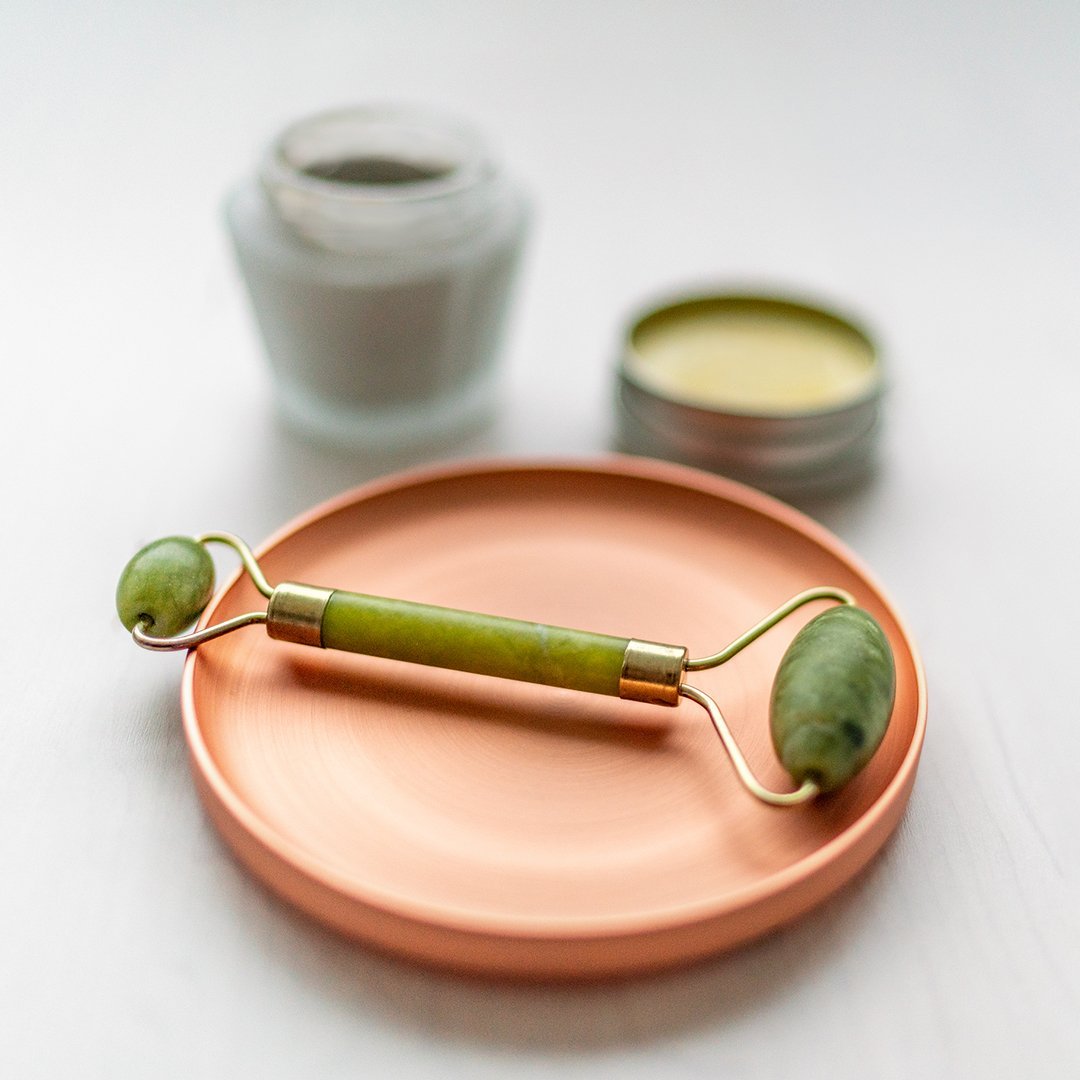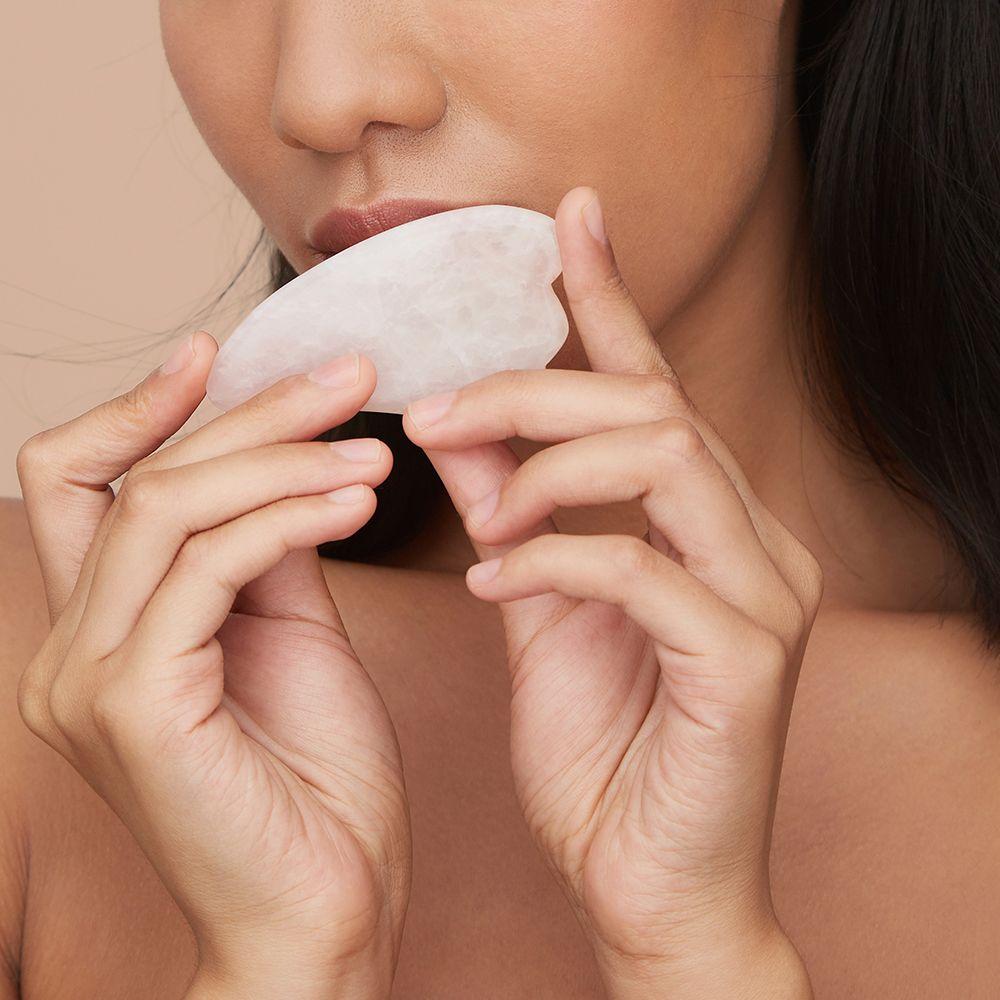The DIY (Do It Yourself) trend is present in all industries, and the beauty sector is no exception. While it's tempting to buy your products direct from the store, some people prefer DIY by creating their own homemade cosmetics.
Homemade cosmetics let you take care of yourself while controlling the composition of the products you put on your skin.
However, as homemade products are more fragile than conventional cosmetics, it's not always easy to preserve them.
It is essential to carry out these operations in a suitable environment, while complying with strict hygiene rules to avoid any risk of bacterial contamination.
All you need to know about homemade cosmetics.
DIY cosmetics are, by definition, cosmetics created and made at home.
Do It Yourself allows you to create your own creams, shampoos, scrubs and make-up products to suit your needs and desires.
The recipes available free of charge on the Internet make it easy to satisfy your every desire: all you have to do is buy the containers and ingredients needed to make up your product, while complying with hygiene regulations.
What are the advantages of homemade cosmetics?

There are many advantages to making your own beauty products:
- Know the composition of your products : you can choose the ingredients of your choice and avoid adding controversial ingredients such as certain preservatives.
- Help protect the environment : by making your own cosmetics, there's less risk of wastage. You can tailor your creations to your needs and use single doses.
- Save money : the overall price you spend on ingredients - which are often reusable - will be reduced.
- Personalize your products according to your needs : personalizing your products allows you to respond to your desires and needs while creating a product that perfectly matches your skin type.
How long can you keep DIY cosmetics?

To avoid exceeding the use-by date of your productsRemember to note the date of manufacture.
Even if you've used natural preservatives, it's advisable to respect the use-by date of your products, to avoid the proliferation of bacteria.
In addition, it is best to distinguish the shelf life of your products according to their composition:
- For egg-, dairy-, plant- and fresh-fruit-based products: approx. 2 days in a cool place
- For infusions, decoctions or hydrolats : approximately 4 days in a cool place or 24 hours at room temperature.
- For water-free balms made from vegetable oil, beeswax or butter (shea or cocoa): 3 months
- For creams or fluids containing water : approximately 3 days in a cool place, or 1 to 3 months if they contain natural preservatives.
- For vegetable oils (avocado, coconut, jojoba, etc.): approx. 8 months at room temperature
- For essential oils : 5 to 10 years if stored in a cool place (otherwise 6 to 12 months).
- For soaps : several years
In all cases, we strongly advise you to store your homemade products containing water in a cool environment, away from light, humidity and temperature variations.
What's the best way to store your natural, homemade cosmetics?
-
By fundamental hygiene rules
Unlike cosmetics brands that guarantee bacteria-free products formulated in aseptic environments, DIY beauty products are more susceptible to outside bacteria because you handle them yourself.
To reduce the risk of skin reactions, it is essential to follow strict hygiene rules:
- Wash your hands before using your products, especially if they come in jars.
- Disinfect your work surface and sterilize your equipment and containers with boiling water or 90°C alcohol before use.
- To avoid direct contact with the contents of the container, use tools or spatulas.
- Remember to reseal your containers . You may opt for airtight, opaque, glass or airless containers.
What's more, choose 50mL containers for face and 100mL for body to avoid wasting your products and preserve their effectiveness.
-
By choosing the right ingredients
If you want to make a water-based product, it's best to use hydrosol, distilled water, demineralized water or spring water to preserve your product while minimizing the risk of bacterial contamination. However, if you wish to use tap water, it is advisable to filter and boil it beforehand to minimize chlorine and limescale residues.
Unlike conventional and traditional beauty products, natural and homemade cosmetics do not contain chemical preservatives, such as the controversial parabens. To extend their shelf life - or at least preserve them for as long as possible - you can add natural preservatives:
- Aqueous to limit the proliferation of bacteria and microbes, such as sodium benzoate, grapefruit seed extract (EPP), cosgard or ecogard.
- Antioxidants to combat the rancidity of vegetable oils and butters, such as vitamin E, rosemary oil, rosemary CO2 extract, propolis liquid extract.
-
By placing them in a cool environment
Cosmetics containing water are sensitive to external factors, so it's best to store them in a cool, non-humid environment, away from light and temperature variations. In this way, your homemade products will last longer and last longer.
To meet the needs of natural cosmetics enthusiasts, Beautigloo has designed the Refrigerated Beauty Box. Specially designed for beauty products, it enables you to store your homemade cosmetics in optimal conditions.
This patented little refrigerator, with its temperature adjustable between 8°C and 14°C, is perfect for preserving your homemade beauty products without altering their composition and improving their performance.
In addition to its intelligent thermal control software for perfect efficiency, the Refrigerated Beauty Box is equipped with a ventilated cooling system that reduces the presence of humidity.
Last but not least, it bears witness to Beautigloo 's eco-responsible convictions. This cosmetics refrigerator is 90% recyclable, uses no polluting refrigerants and has low energy consumption.
This makes it the ideal beauty fridge for storing your homemade cosmetics in a cool place, while preserving their active ingredients.

Author: Aurélie SAM


